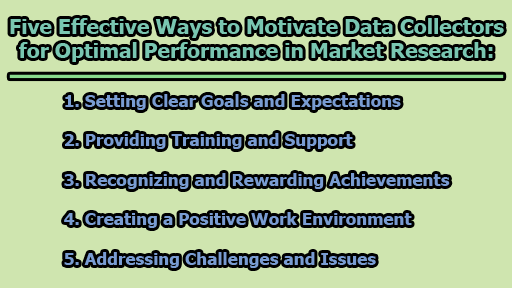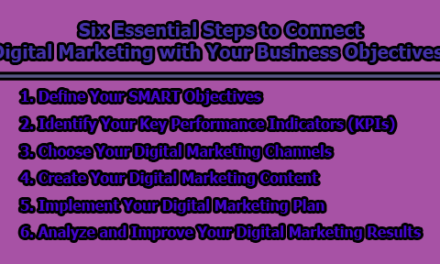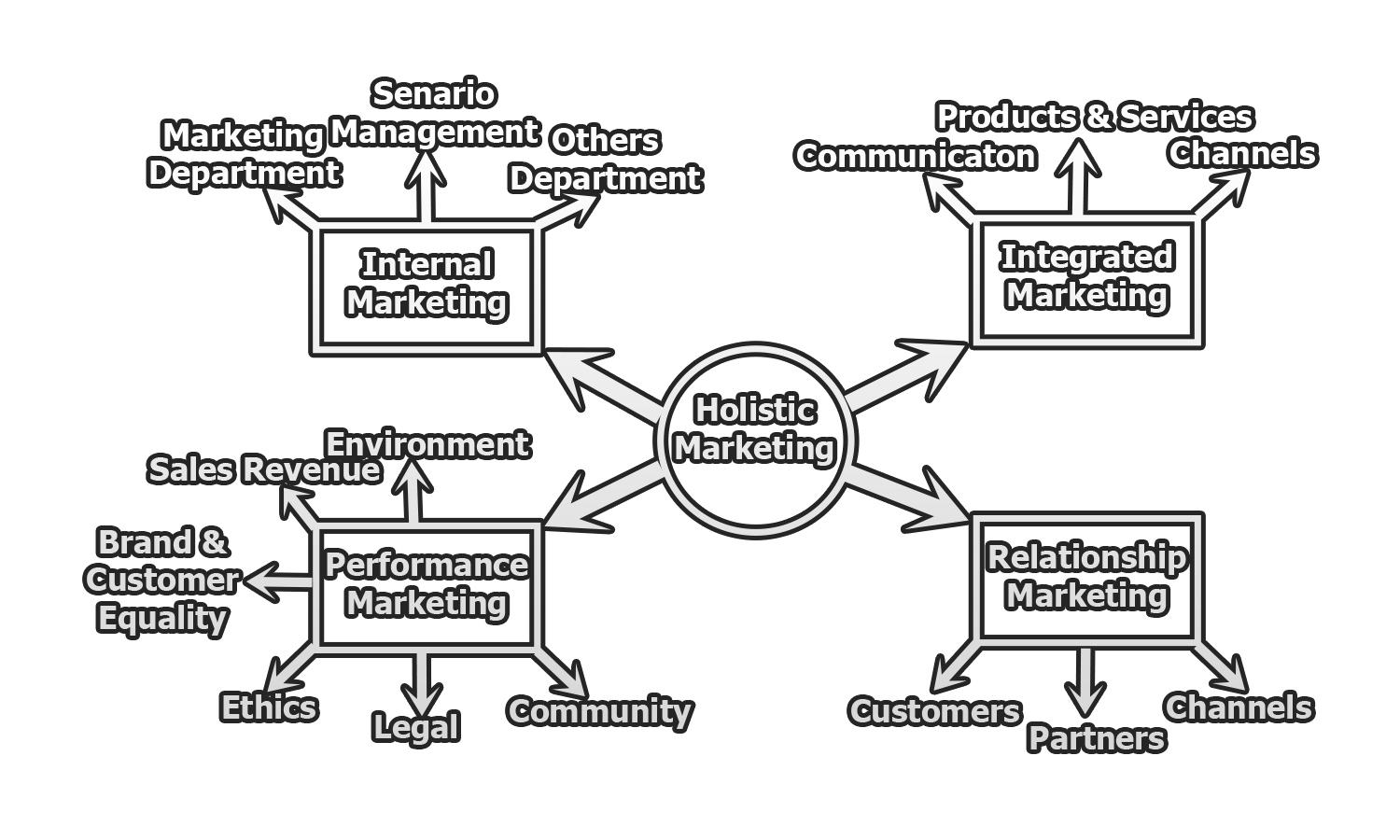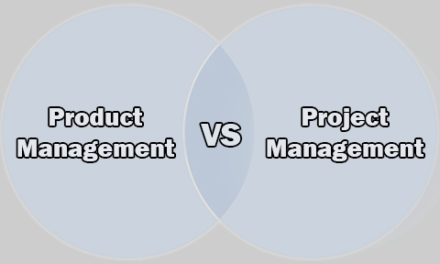Five Effective Ways to Motivate Data Collectors for Optimal Performance in Market Research:
Effective data collection is a cornerstone of successful market research. The accuracy and reliability of data can significantly impact the quality of insights and recommendations derived from a research project. Motivating data collectors to perform well is, therefore, crucial in ensuring the success of the entire endeavor. In this article, we will explore five effective ways to motivate data collectors for optimal performance in market research: setting clear goals and expectations, providing training and support, recognizing and rewarding achievements, creating a positive work environment, and addressing challenges and issues.
1. Setting Clear Goals and Expectations: One of the first steps in motivating data collectors is to establish clear goals and expectations for their tasks. This involves defining the scope of their work, setting a realistic timeline, and establishing quality standards. Additionally, it is important to communicate the purpose and value of the data collection project and how it aligns with the overall market research objectives. By doing so, data collectors can better understand what is expected of them, how they will be evaluated, and why their work matters. Clarity in goals and expectations serves as a guiding light, providing direction and purpose for data collectors.
2. Providing Training and Support: To excel in their roles, data collectors need the right tools, knowledge, and skills. Providing comprehensive training is essential to equip them with the necessary skills to perform their tasks effectively and efficiently. Regular guidance, feedback, and coaching are also crucial for improving their performance and overcoming challenges. This ongoing support helps data collectors develop confidence, competence, and professionalism, ultimately enhancing their motivation and sense of accomplishment.
3. Recognizing and Rewarding Achievements: Recognition and rewards play a vital role in motivating data collectors. Acknowledging their efforts, contributions, and results fosters a sense of appreciation and value within the team. Incentives such as bonuses, prizes, or recognition programs can be offered based on their performance and outcomes. These rewards not only act as motivators but also contribute to job satisfaction and an increased willingness to put in extra effort. When data collectors feel recognized and rewarded, they are more likely to remain dedicated and enthusiastic about their tasks.
4. Creating a Positive Work Environment: A positive work environment is a key driver of motivation for data collectors. Building a culture of trust, respect, and collaboration among data collectors and other stakeholders is essential. Encouraging open communication, idea sharing, and learning from one another fosters a sense of belonging and camaraderie. Providing opportunities for growth, development, and career advancement further fuels motivation. When data collectors feel engaged, empowered, and valued within their work environment, they are more likely to go the extra mile.
5. Addressing Challenges and Issues: Challenges and issues are inevitable in any data collection process. Motivating data collectors also involves addressing any obstacles that may affect their performance and well-being. Identifying and resolving problems, conflicts, or risks is essential to ensure data collectors’ safety, security, and health. Moreover, monitoring and evaluating their performance and well-being allows for timely corrective actions when necessary. This proactive approach makes data collectors feel supported, safe, and respected, contributing to their overall motivation.
In conclusion, motivating data collectors is a critical aspect of successful market research projects. The quality of data collected directly influences the insights and recommendations derived from the research. By implementing the five effective ways discussed in this article – setting clear goals and expectations, providing training and support, recognizing and rewarding achievements, creating a positive work environment, and addressing challenges and issues – you can enhance the motivation and performance of data collectors. As a result, they will be more likely to deliver quality data, contributing to the achievement of market research goals and the success of the entire project.

Library Lecturer at Nurul Amin Degree College










